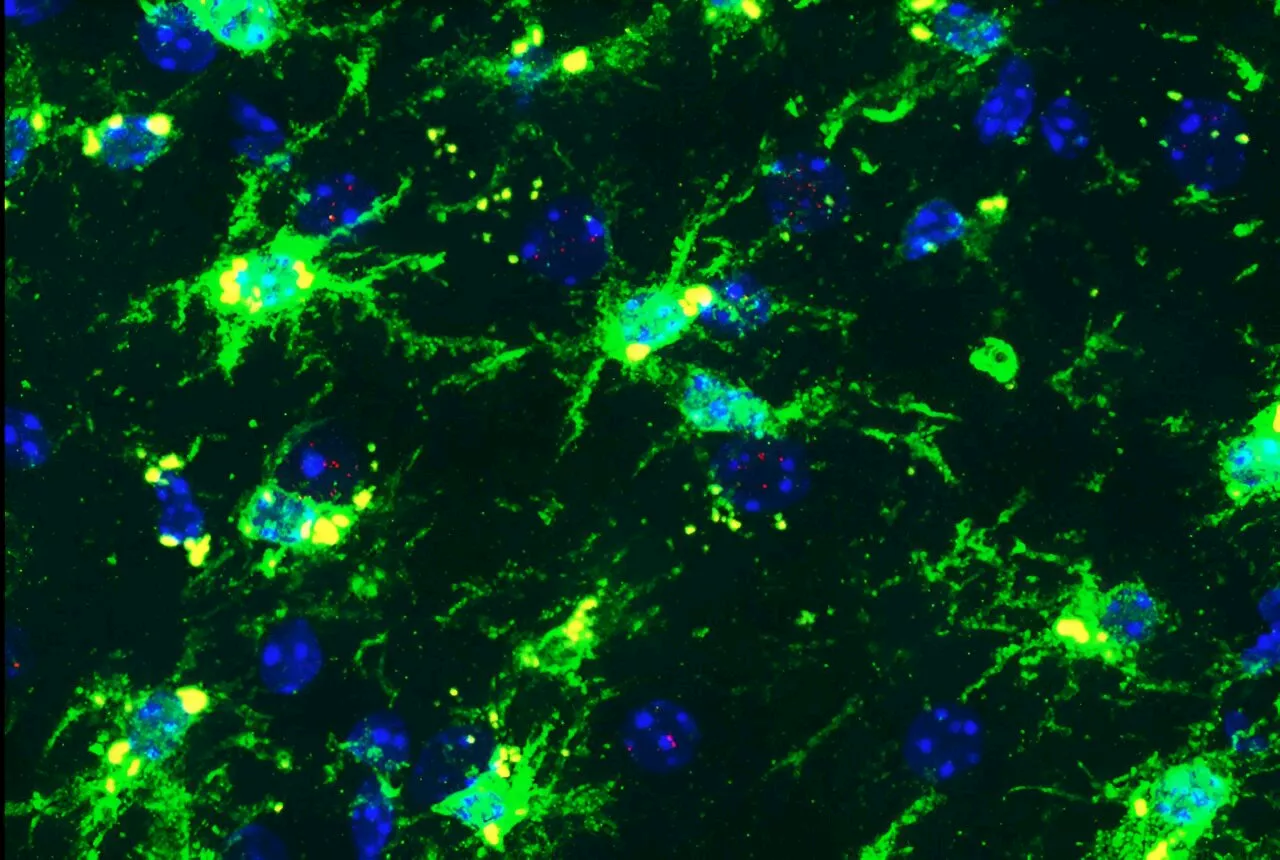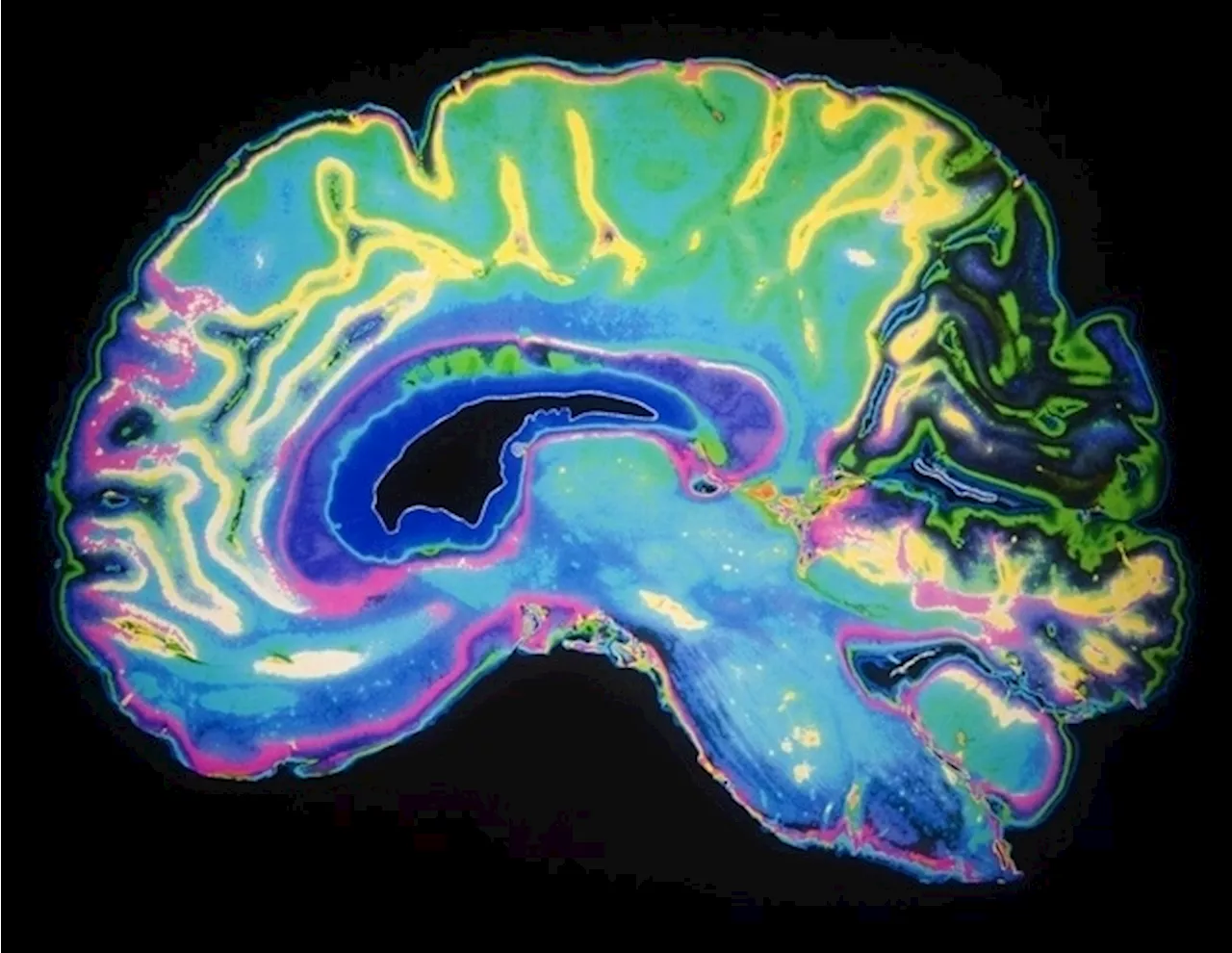Research reveals advanced brain aging in older adults correlates with cognitive decline and Alzheimer's risk, highlighting the need for early intervention.
By Dr. Chinta SidharthanReviewed by Lily Ramsey, LLMOct 24 2024 New study uncovers how advanced brain age, even in cognitively healthy adults, signals a higher risk of Alzheimer's disease and cognitive decline, offering insights into early detection and potential prevention strategies.
Brain health can be estimated using the difference between a person's predicted brain age and their actual age. A brain that appears older than its chronological age could indicate underlying health issues. Despite this growing evidence on brain aging and neurological health, there is a dearth of research on whether advanced brain age in older adults without other cognitive impairments increases the risk of neurodegenerative conditions such as Alzheimer's disease.
The researchers used two datasets for the study. The first set consisted of close to 3,500 participants between the ages of 40 and 85 years, spanning four different studies, including the United Kingdom Biobank. Furthermore, genetic data involving Alzheimer's disease-related single nucleotide polymorphisms were analyzed for associations with the brain age groups.
Brain Alzheimer's Disease Cognitive Function Dementia Genetic Imaging Imaging Techniques Neurodegeneration Neurodegenerative Diseases Neuroimaging
United Kingdom Latest News, United Kingdom Headlines
Similar News:You can also read news stories similar to this one that we have collected from other news sources.
 Genetic variants linked to Alzheimer's trigger brain inflammation in females, preclinical study findsWeill Cornell Medicine investigators have found that two genetic variants that confer high risk of Alzheimer's disease (AD) together trigger a harmful inflammatory response in the brain's immune cells, particularly in females, in a preclinical model.
Genetic variants linked to Alzheimer's trigger brain inflammation in females, preclinical study findsWeill Cornell Medicine investigators have found that two genetic variants that confer high risk of Alzheimer's disease (AD) together trigger a harmful inflammatory response in the brain's immune cells, particularly in females, in a preclinical model.
Read more »
 New drug targets toxic protein tangles in brain for Alzheimer's treatmentA new drug targeting two 'hotspots' on a protein linked to Alzheimer's disease could offer fresh hope for millions living with the condition. The medication, called RI-AG03, tackles tau proteins which clump together and form harmful tangles in the brain, slowing down signals and eventually killing neurons.
New drug targets toxic protein tangles in brain for Alzheimer's treatmentA new drug targeting two 'hotspots' on a protein linked to Alzheimer's disease could offer fresh hope for millions living with the condition. The medication, called RI-AG03, tackles tau proteins which clump together and form harmful tangles in the brain, slowing down signals and eventually killing neurons.
Read more »
 Study unravels the unique patterns of brain shrinkage in Alzheimer's diseaseThe way in which brains shrink in those who develop Alzheimer's disease follows no specific or uniform pattern, finds a new study by researchers at UCL and Radboud University in the Netherlands.
Study unravels the unique patterns of brain shrinkage in Alzheimer's diseaseThe way in which brains shrink in those who develop Alzheimer's disease follows no specific or uniform pattern, finds a new study by researchers at UCL and Radboud University in the Netherlands.
Read more »
 GP says eat more of one food to 'protect against brain fog and Alzheimer's'Brain fog is a common symptom among menopausal women, but a GP has shared the key foods to target and help prevent brain fog, including leafy greens and fatty fish.
GP says eat more of one food to 'protect against brain fog and Alzheimer's'Brain fog is a common symptom among menopausal women, but a GP has shared the key foods to target and help prevent brain fog, including leafy greens and fatty fish.
Read more »
 Eat more of one food to 'protect against brain fog and Alzheimer's', says GPDr Donald Grant, GP and senior clinical advisor at The Independent Pharmacy, has highlighted these key foods, revealing their nutritional value and how they help combat brain fog
Eat more of one food to 'protect against brain fog and Alzheimer's', says GPDr Donald Grant, GP and senior clinical advisor at The Independent Pharmacy, has highlighted these key foods, revealing their nutritional value and how they help combat brain fog
Read more »
 Semaglutide enhances cognitive abilities and reduces Alzheimer’s pathology in mice and human brain modelsResearchers find that Semaglutide improves cognitive function and reduces amyloid and tau pathology in Alzheimer's disease models, while restoring oxytocin levels in both mice and human brain organoids.
Semaglutide enhances cognitive abilities and reduces Alzheimer’s pathology in mice and human brain modelsResearchers find that Semaglutide improves cognitive function and reduces amyloid and tau pathology in Alzheimer's disease models, while restoring oxytocin levels in both mice and human brain organoids.
Read more »
